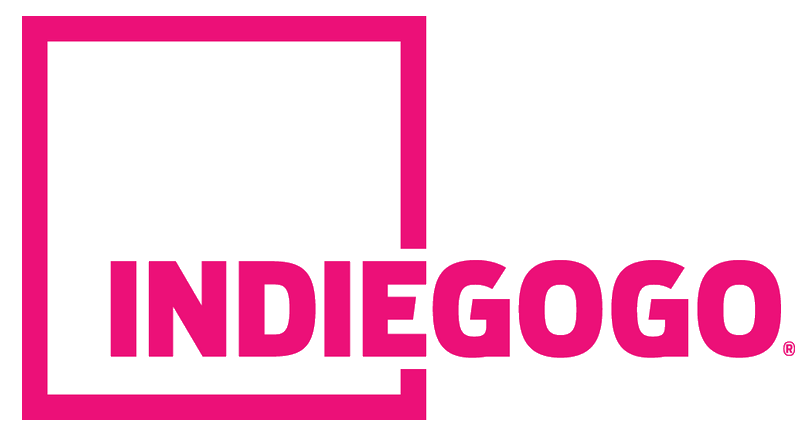Creating a successful startup is no easy task, yet there are several QUEST alumni who have been able to solve problems they are passionate about by creating their own company. A couple examples include Kanchan Singh (Q17), who started a cat café in D.C. called Crumbs and Whiskers, Sahil Rahman (Q17), who co-founded Rasa, an Indian restaurant, and Allan Nicholas (Q20), who created a startup called Sweet Buds that sells scented earring backs that release perfume throughout the day. This article, however, will follow the story of Kajal Pancholi (Q7) and how her aerospace and systems engineering firm, Avatar Technologies, grew and eventually came back to QUEST.
Kajal Pancholi has stayed connected with QUEST even after her graduation. She had sponsored several QUEST Capstone projects through her previous employer, Millennium Engineering and Integration Company, but this time she decided to reach out to partner with QUEST so a team of 490H students could help Avatar Technologies become an ISO 9001 registered company. Kajal said she needed “bright, hardworking, and innovative individuals to augment [her] team and develop tailored quality management tools & techniques for the company’s operations,” and she believed it would be a perfect project for QUEST. Students Dennis Chen, Taylor Joyce, Julia Roh, and Devin Rosen from cohort 27 came together to implement an ISO 9001-compliant Quality Management System so that Avatar Technologies could gain a competitive advantage in its field.
One student on the team, Devin Rosen, really enjoyed working with Avatar Technologies during his time in 490H and consequently returned to Avatar for a summer internship. Devin learned many aspects of technology entrepreneurship and enjoyed his time learning about Avatar with his team and wanted to be able to continue helping Kajal make an impact by getting Avatar Technologies an ISO-9001 certificate. Devin said that there were several differences between working with his team and working with Kajal over the summer, and mentioned that “the biggest difference was going from a group project to an individual endeavor [he] could turn into [his] own.” He also said that he had to absorb a lot more information about the company and about ISO-9001 since his teammates weren’t there to bounce ideas off of over the summer, but that Kajal was a great help in guiding him and teaching him the ins and outs of the Avatar business.
Being a math major, Devin mentioned that he was able to utilize his critical thinking and problem solving skills when assessing Avatar’s regular business operations in order to optimize process interactions and design the Quality Management System itself. He wants to tell QUEST students that regardless of the project or the major, people will be appreciative of hard work. He mentioned, “QUEST students make significant impacts” in 490H, and that the class itself encourages students to ask as many questions as possible in order to filter ideas and uncover effective solutions. He also wants to emphasize that students are capable of learning more than they think. After being assigned to his 490H project, Devin said he “learned a lot about ISO-9001 quality management system and that it was nice to prove to [himself] that [he] can jump into something completely foreign, learn all about it, and come up with impactful recommendations.”
Kajal was very appreciative of the work that the team did during 490H and the work Devin did during his time at Avatar since now the quality management system is in place and that all there is left is to call an auditor to get Avatar Technologies certified. She said that there are many benefits working for a smaller scale company for the 490H project since the work students do create a very meaningful impact on a large scale. She also mentioned that “Working with the QUEST students and Devin was both professionally and personally rewarding,” since the project brought back memories of Kajal’s own QUEST experiences and she was able to “use that QUEST knowledge and lessons to be a better-engaged and more resourceful project champion for the student team.”









